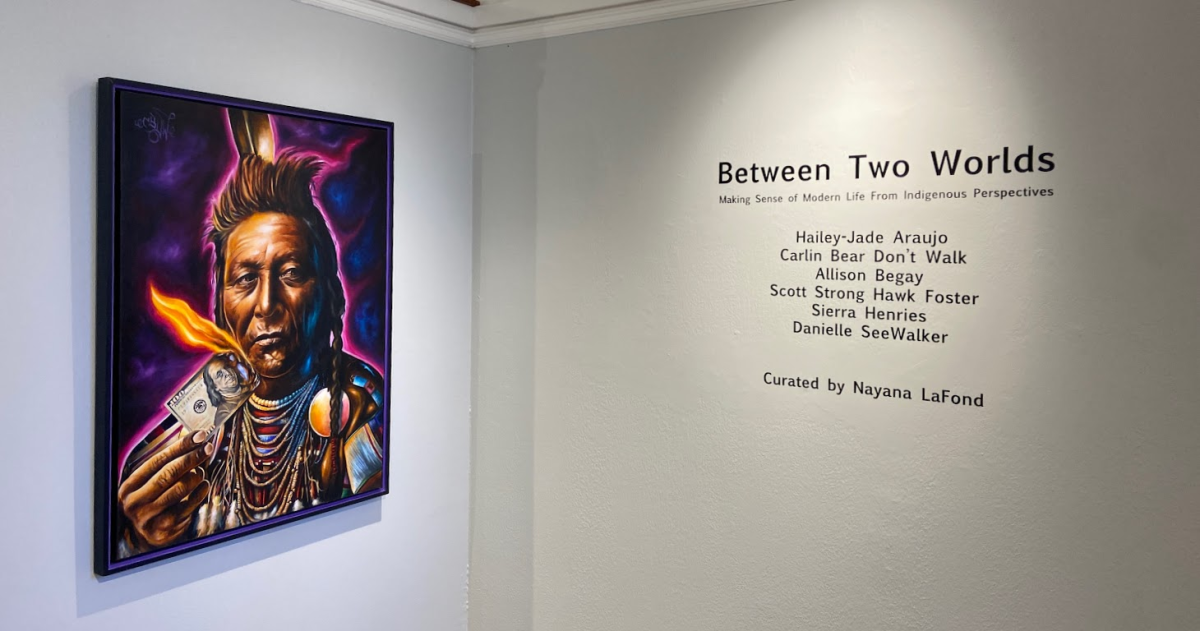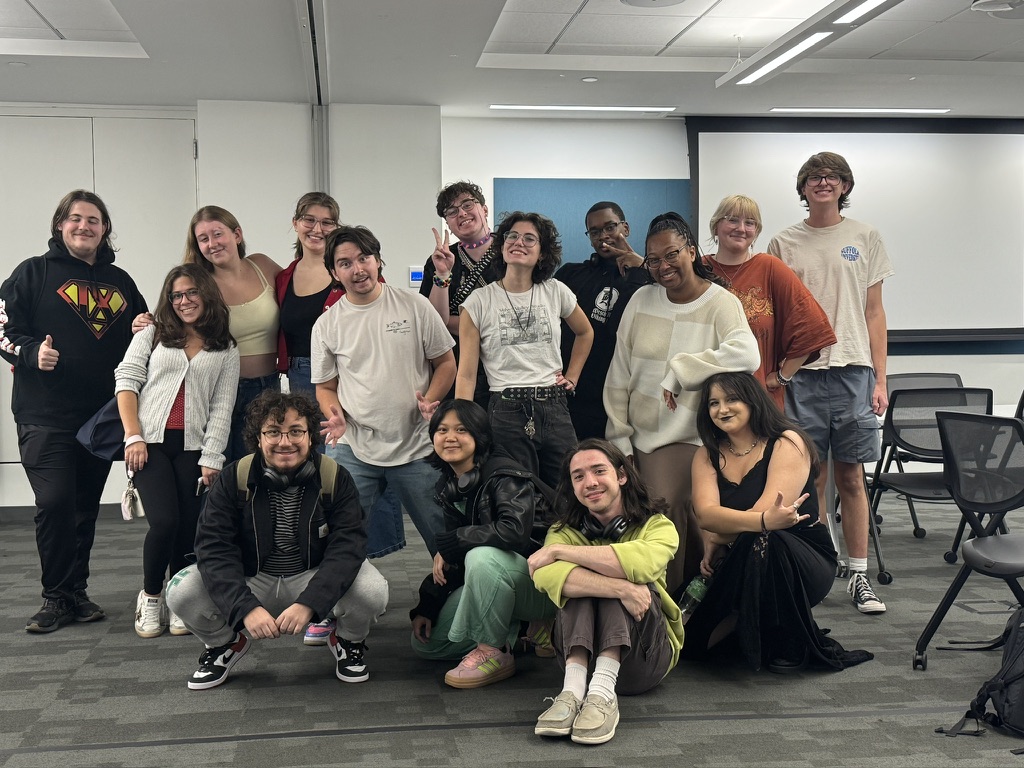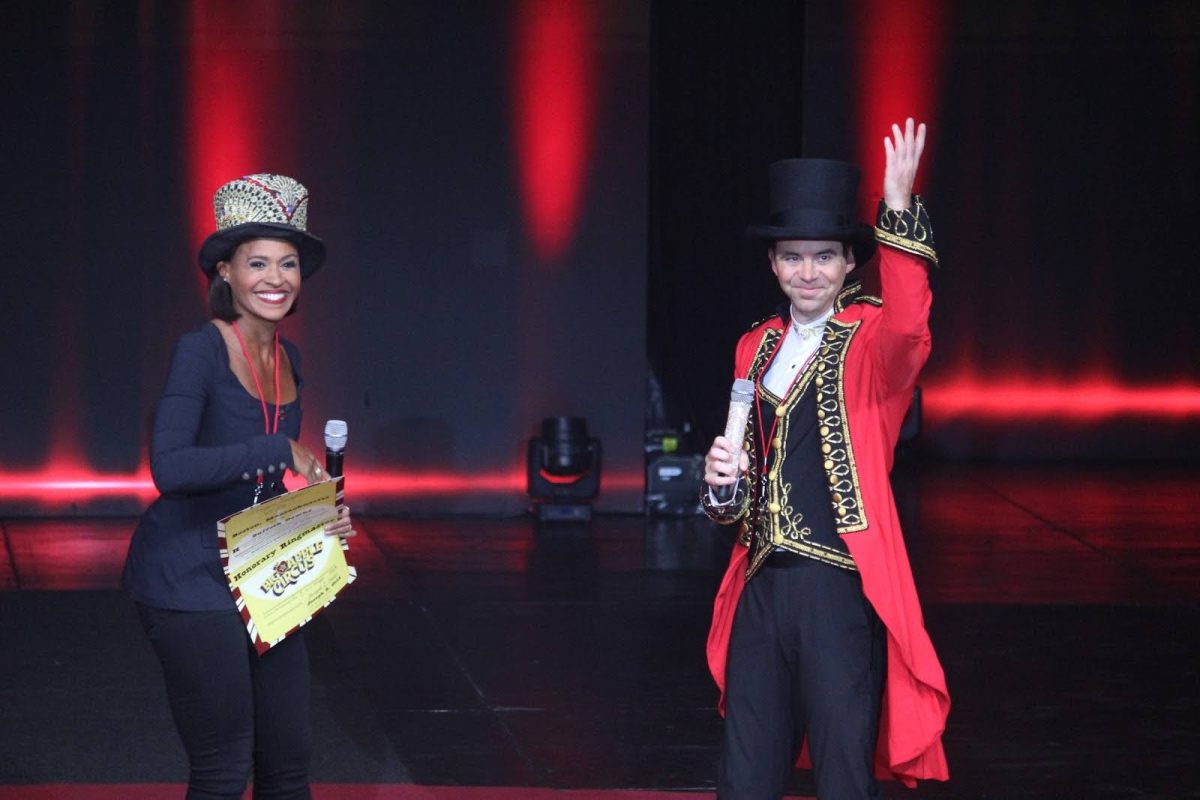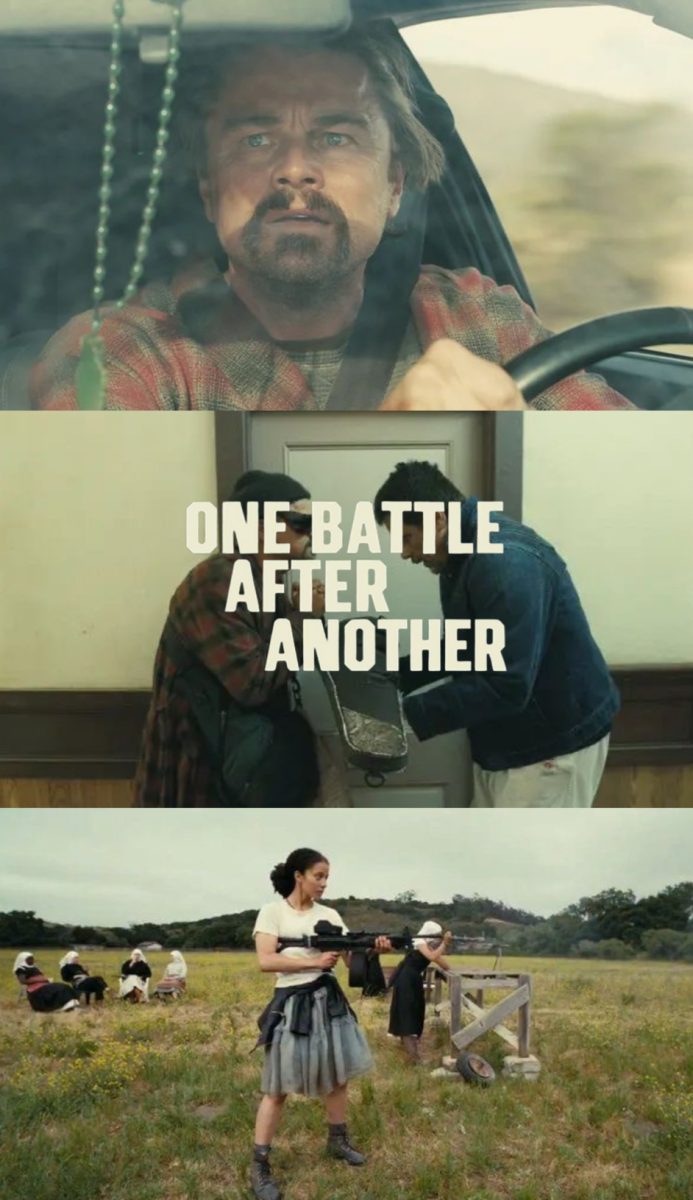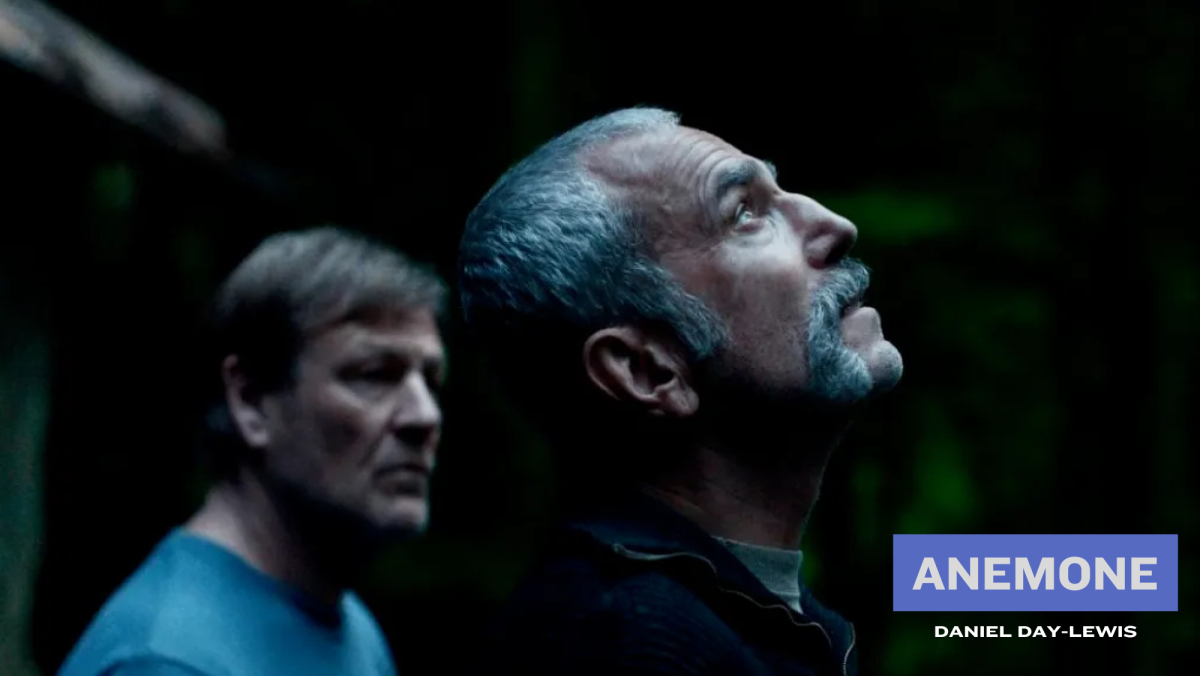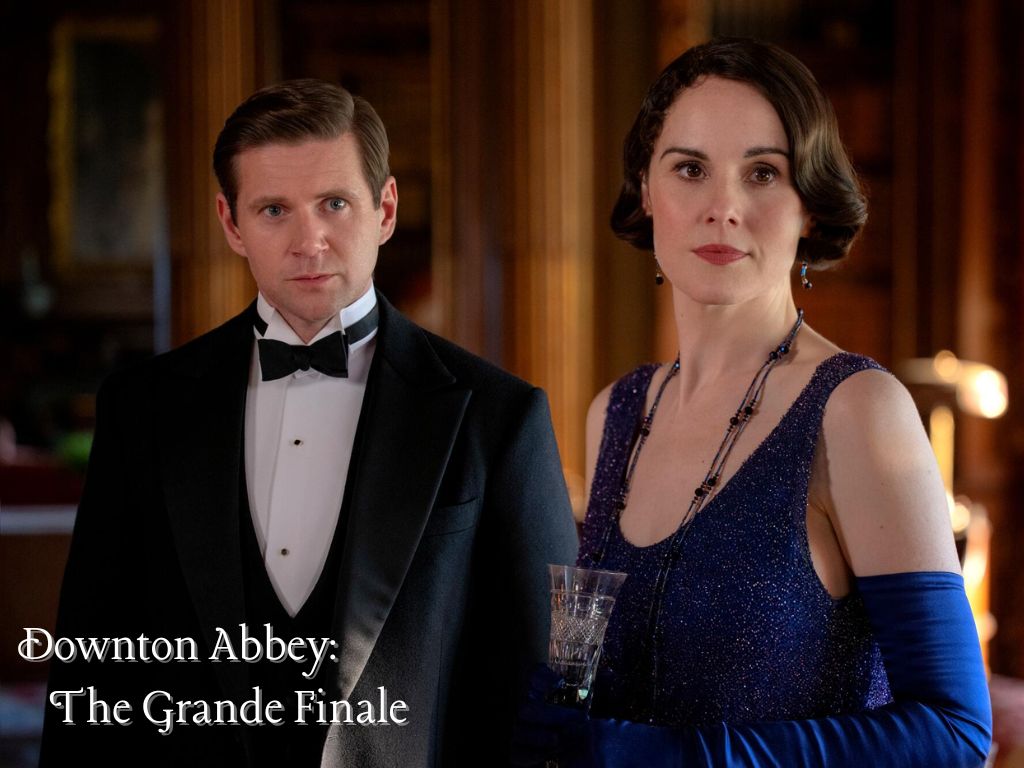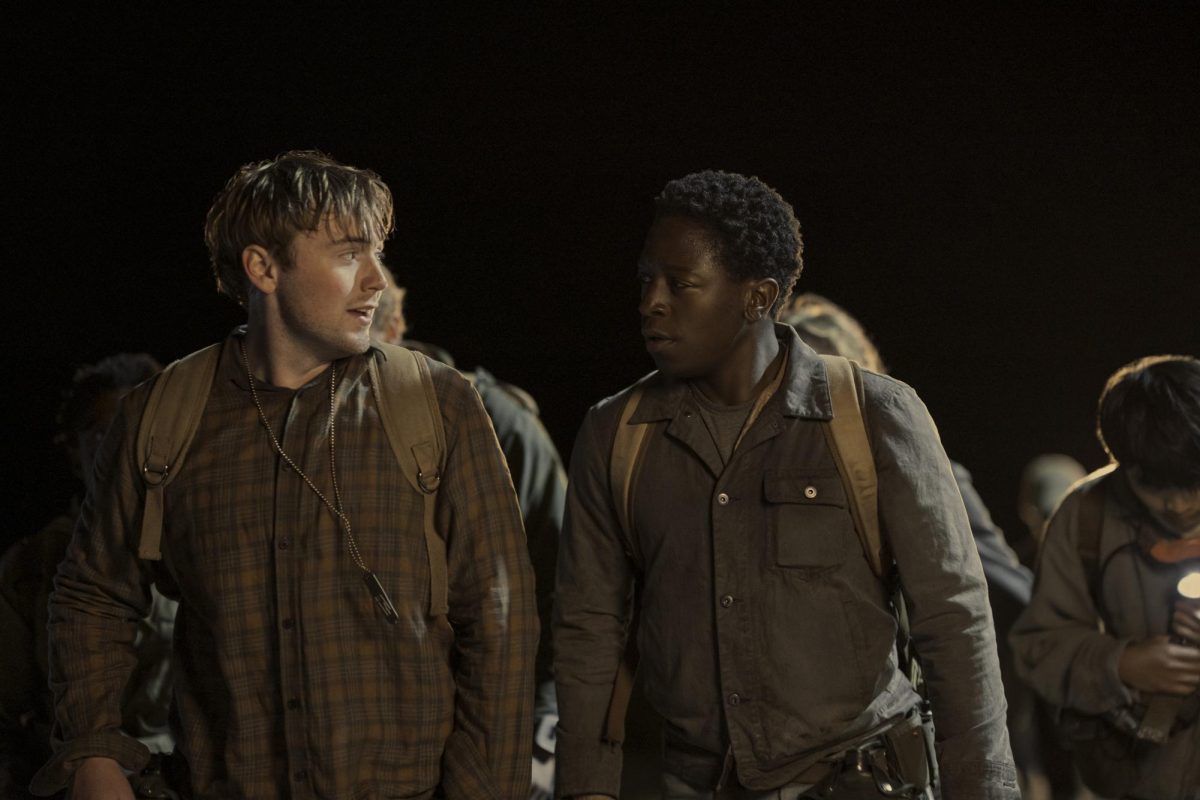Kelly Reichardt has always been aware of her surroundings. A filmmaker who has never failed to tie her narratives and characters to her film’s locations, she has worked to portray her home state of Florida and the pacific northwest through its tiniest nooks from the perspectives of those often overlooked by society. Whether it be women who have little contact with the outside world, or men on the run for milking a cow that wasn’t theirs, her films have often been calm and collected with stressful sequences few and far between. Lest the charmingly lackadaisical lens of someone like Jim Jarmusch and more of a meditative one that she trademarks throughout her body of work.
In “Old Joy” (2006) and “Certain Women” (2016), Reichardt allows silence to seep into the negative space of the film rather than relying too heavily on her scores. In this, each glance is sharper, the greens of each tree and deep reds and browns of the dirt do the job that dialogue might try to under another filmmaker.
However, Reichardt’s latest feature, “The Mastermind” starring Josh O’Connor, leans less on the meditative side than her previous features. The negative space that was left for the sound of boots crunching on snow in “Certain Women” or the sizzling of a fire in “First Cow” is now filled by Rob Mazurek’s succinct jazz score, both representing the gears in JB Mooney’s (O’ Connor) head spinning as he executes a poorly-planned art heist with an upbeat staccato rhythm, or manifesting itself in a lone, crooning trumpet as the consequences of this man’s actions come to a head.
Reichardt does not simply leave untouched space in her films for a contemplative tone, she allows her audience to draw conclusions of their own; twenty minutes without a word of dialogue will do that to a viewer. But this silence, save for the occasional mournful brassy tune as Mooney looks upon a woman holding her child, builds upon itself until the final sequence. It’s not as empty as the film would have you believe.
Mazurek’s score isn’t the only stylish component of “The Mastermind” that sets it apart from Reichardt’s other projects, ones which have come with the sporadic fingerpicking of a guitar as a pickup leaves a small town.
Costume designer Amy Roth brings the piece into its 1970’s New England setting, and in the perfect way. This is a film that is botox and filler free as far as the viewer can tell. The soft lighting, Anthony Gasparro’s minimal yet poignant production design, and Christopher Blauvelt’s photography all bring the picture into this setting in such a seamless, natural way. Though it is worth noting that the film looks visually different from her other pictures despite the clear presence of Blauvelt’s usual meticulous flair, and more along the lines of recent releases like Carson Lund’s “Eephus” or Eva Victor’s “Sorry, Baby,” he once again knocks it out of the park, drawing the audience’s attention to hazy morning light streaking across a stranger’s backyard, or crisp fall leaves fluttering in the wake of a period-appropriate station wagon.
But what really elevates this film back into the 20th century as a singularly stylish heist film is Kelly Reichardt’s own editing.
A friend of mine once said that it is often obvious when filmmakers edit their own projects, that they tend to have so much on their plates, and editing, as time consuming and sometimes tedious as it can be, is left behind. Reichardt’s work on “The Mastermind” as the sole editor is truly the best case scenario of this.
The opening montage alone, text vertical across the screen as we see vignettes in and outside a Framingham museum in mid-autumn, is as stylish as one could ask for in a laid back heist film. This montage is not done in the flashy Soderbergh split screen that we’ve come to love in typical heist films. It is a lingering, coolly scored portrait of families on their day off, kids swinging their legs off a ledge and people going about their day. It’s pleasing to the eye, but at no point does it lead the audience to believe this will be a tense, action-packed picture. It all comes to one man, and his own insistence that a crime can be victimless.
O’Connor, for some time now, has been a master at choosing projects that will bring out an entirely unseen side of him. From Autumn De Wilde’s pristine adaptation of “Emma” (coincidentally also shot by Blauvelt) to his sweaty, tension-fuelled performance as Patrick Zweig in “Challengers,” it is difficult to find a singular role of his that is unimpressive, and his character Mooney in “The Mastermind” is no exception.
His character carries this quiet resentment that explodes very quickly and affects everyone around him. Reichardt stated that “he feels a rebelliousness toward the middle-class life of his parents that he sees himself falling into.” This is, without question, a focal point of the film, as the disillusionment around the Vietnam War extends so easily to suburban life; O’Connor begrudgingly grabbing the newspaper on his driveway or reluctantly listening as his parents remind him of his state of unemployment.
While this disillusionment and isolation, in a way, adds to a very 70s Melville-y tone, it is impossible to talk about “The Mastermind” without discussing just how funny it is. Here is a man who foolishly plans something that pushes him to become an outcast amongst the people he could lean on. As Reichardt and O’Connor slowly pull you in with every movement, you realize just how selfish and awful Mooney can be. He avoids political tensions like the plague and refuses to make a single decision considerate of his family, and at the end of the film, like some sort of great ironic karmic justice, he gets his ass handed to him for this. It’s beautiful.
There is, however, one problem with this focus on Mooney.
What is unfortunate about “The Mastermind” is how underwritten some of the players seem, especially Alana Haim’s character Terri Mooney. While Reichardt’s focus rarely wavers in her films, and in this particular project the focus is not Haim, in another world, there should have been a chance to see a more layered performance from her, as well as the rest of the cast. This could have elevated O’Connor’s already solid performance. Bill Camp is perfect. Hope Davis is not on screen long enough (and she hasn’t been, generally since “Succession”). The kids are great. John Magaro is always a welcome sight. But it still works.
In “The Mastermind,” Reichardt declares a relationship with New Hollywood films in an extremely concise, meticulous pocket world found in what Letterboxd describes as a “sedate corner of Massachusetts,” but what most people would just refer to as Framingham. It’s the movie version of watching old TV with your grandparents after dinner as they fall asleep on the couch, in the best way possible.




